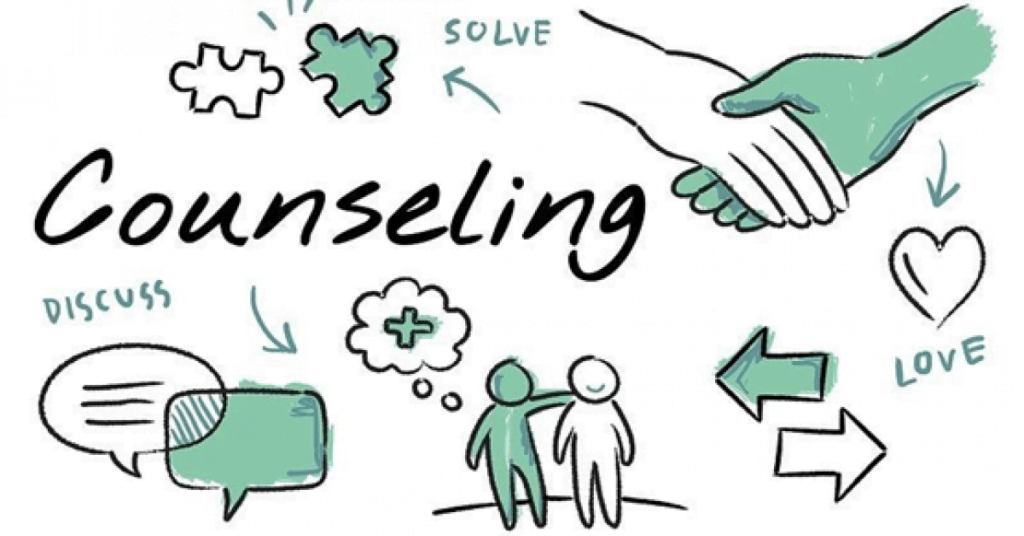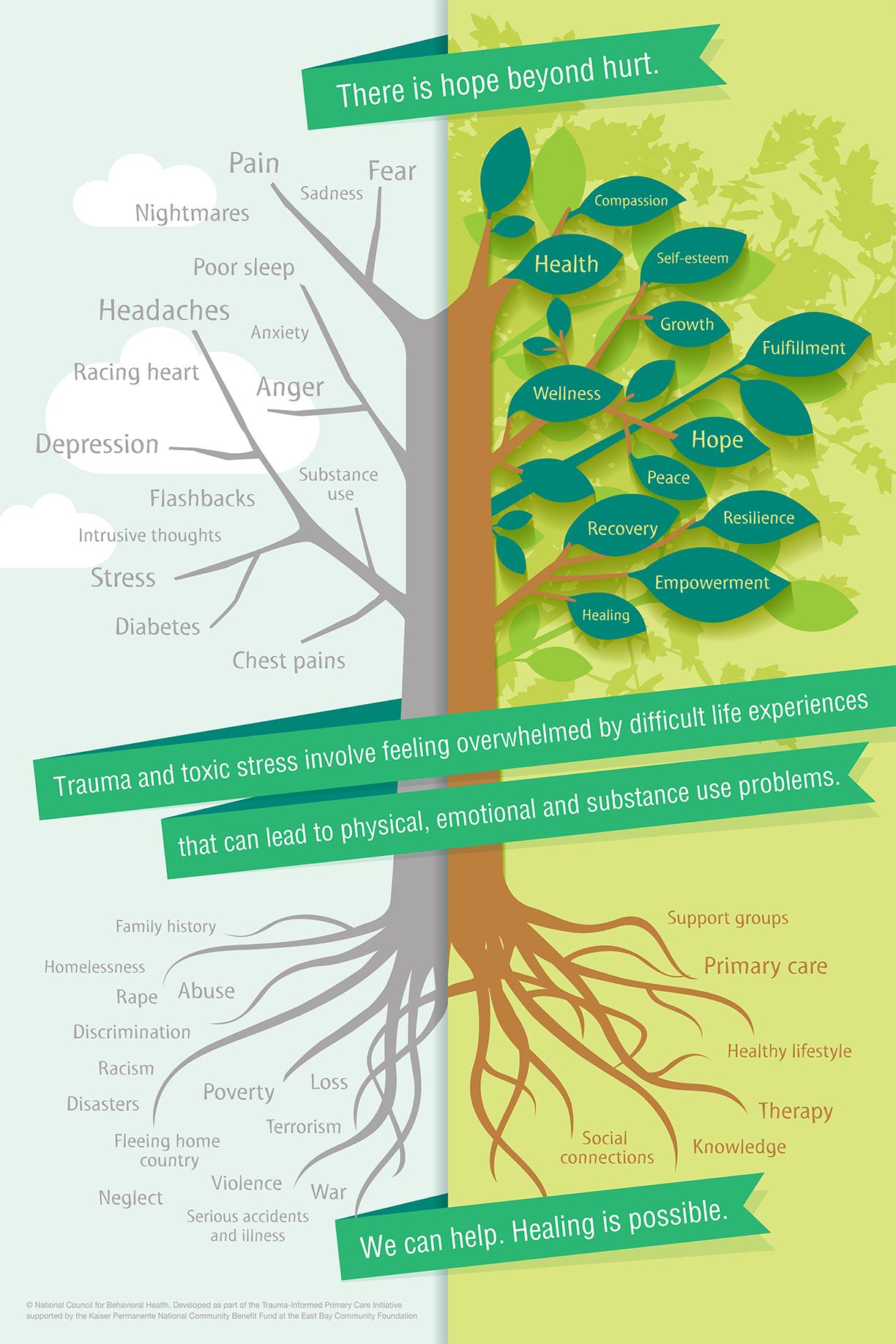
Resistance Sc
Dealing With And Handling Resistance With Internalizing Customers


It's Not Regarding You
It's only just recently, as I've expanded extra familiar with how much of that resistance was created by me, that my experience as a therapist has gone through a fundamental transformation. People state that the evil one remains in the information, however so is the way out of many healing delays. Take a moment and review any case in which you were especially effective. Chances are that the clients' basic insights concerning life made less difference than more fine-grained changes in their way of coming close to life challenges. Much of what's classified resistance is the outcome of a specialist's failure to relocate the discussion from wide strokes to specifics.
It's Tough To Welcome Things We Don't Truly Want With Open Arms
- In these situations in our data, the client thus softens this danger with prosocial components in the consequences, yet still declines to answer in the responsive turn.
- Furthermore, a therapist can construct trust with a customer by expressing compassion.
- In my trainings, I educate that "resistance" is developed by the specialist when the technique of providing influence is mismatched with the customer's present propensity to accept the fashion in which the influence is delivered.
- Yet again, the client shares problem or unwillingness to choose an emphasis by grumbling.
Remember that it's less complicated for us to really feel connected to ideas, products and people when they promote a feeling of security or knowledge. Taking on an upright seated posture when you're feeling stressed, for example, can assist your self-worth and increase your favorable mood. The straightforward act of standing, meanwhile, is usually adequate to trick you right into feeling taller, and much more certain as a result. In his impactful study performed at Metropolitan Life Insurance in 1985, positive psycho therapist Martin Seligman demonstrated that optimism played a bigger function in sales success than offering effectiveness.
For instance, Heritage and https://s3.us-east-1.amazonaws.com/strategiccoaching/Accountability-Coaching/psychotherapy-counselling/journal-of-medical-web-research-ethical-issues-in-giving-on-the-internet.html Raymond (2012) note that repeats in reaction to polar concerns stand up to the restraints enforced by the inquiries (see also Lee 2015 for an analysis of resistant actions to polar inquiries in Korean). Similarly, Hayashi and Kushida (2013) discovered that iya-prefaced reactions to wh-questions stand up to the epistemic stance of the inquiry, its assumptions, the kind of action that is obtained, or the larger course of action which the question is a part of. By prefacing his reaction to Toshiki's questions about the publication problem with "iya" Diago presents his understanding of it as a preliminary to a bigger strategy aimed at recovering the publication for Toshiki to check out. This understanding-- a somewhat buying sight that matched expert physician versus unaware individual-- persisted in the psychotherapy literature for several years. In recent times, nonetheless, psychiatric therapy researchers have actually started to recognize that resistance can be greater than a transferential process (e.g., Ellis, 1983; Greenson, 1967). Undoubtedly, clients often have legitimate arguments to treatment and therapists in the "here-and-now." This sort of resistance, referred to as "practical resistance" (Rennie. 1994), is the emphasis of this post.
Although the mother actioned in to safeguard Honda and they at some point fixed their healing connection, the experience left him trembled. Psycho therapists occasionally deal with clients that have character conditions that motivate them to snap, for example. Some-- whether they remain in court-mandated therapy or pressed right into therapy by spouses or parents-- just do not wish to be in therapy. Challenging clients aren't simply a trouble for medical and counseling psychologists, either. The customer's solution is weakly validated by the instructor (line 9), that does not insurance claim talking civil liberties. In line 11, she refocuses on her fears, utilizing "instead" (two times) to mount her very own negative understanding and her coworkers' positioning of her behavior as "uncooperative," "unreasonable" and "unfair" (lines 12-- 14) as the much more possible analysis of the situation. By doing so, she insists key rights to her sensations and fixations and once again externalizes her concern, contrasting her setting with that said of the coach, that had actually indicated that this was merely an issue of changing the customer's perspective. The customer therefore resists a modification in viewpoint now in the training process, which would certainly allow for an option (affective) assessment of having to leave her existing task.